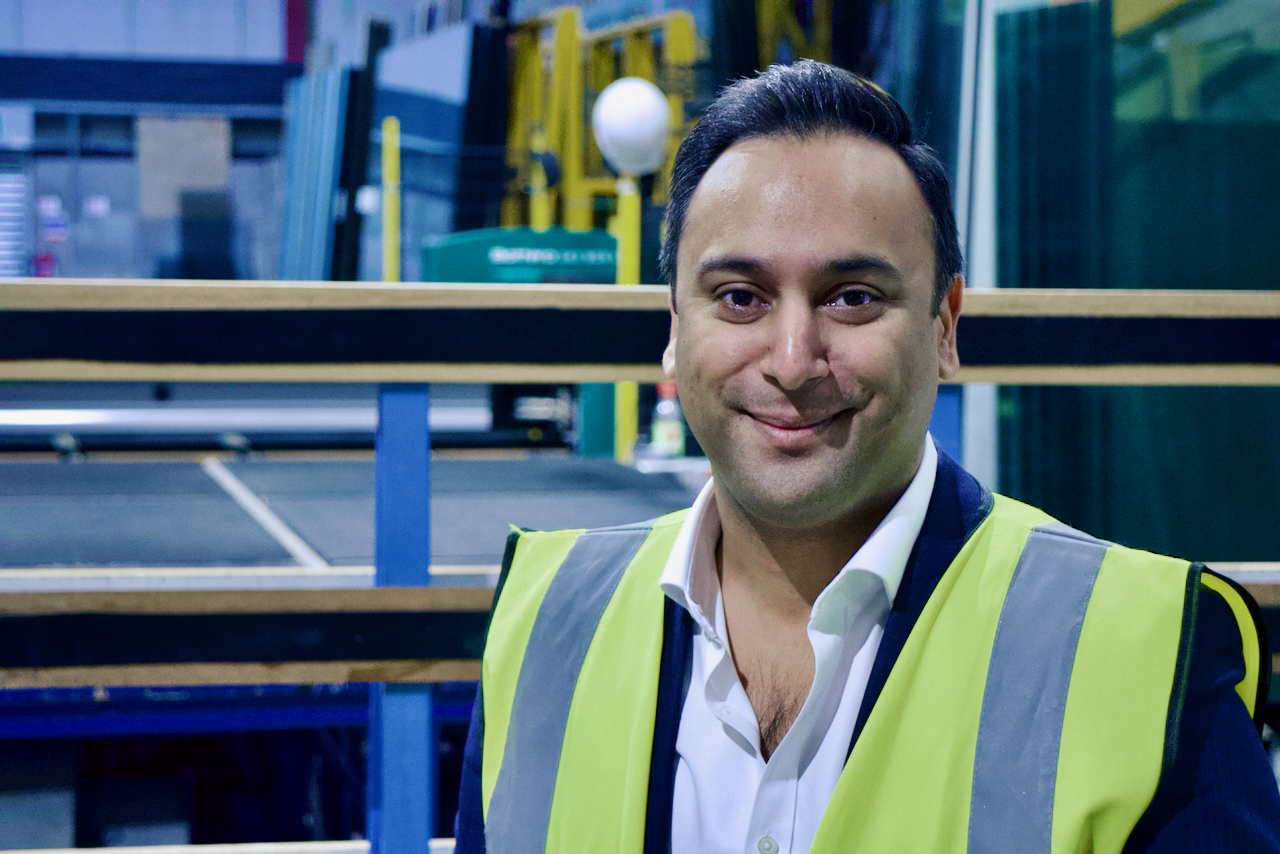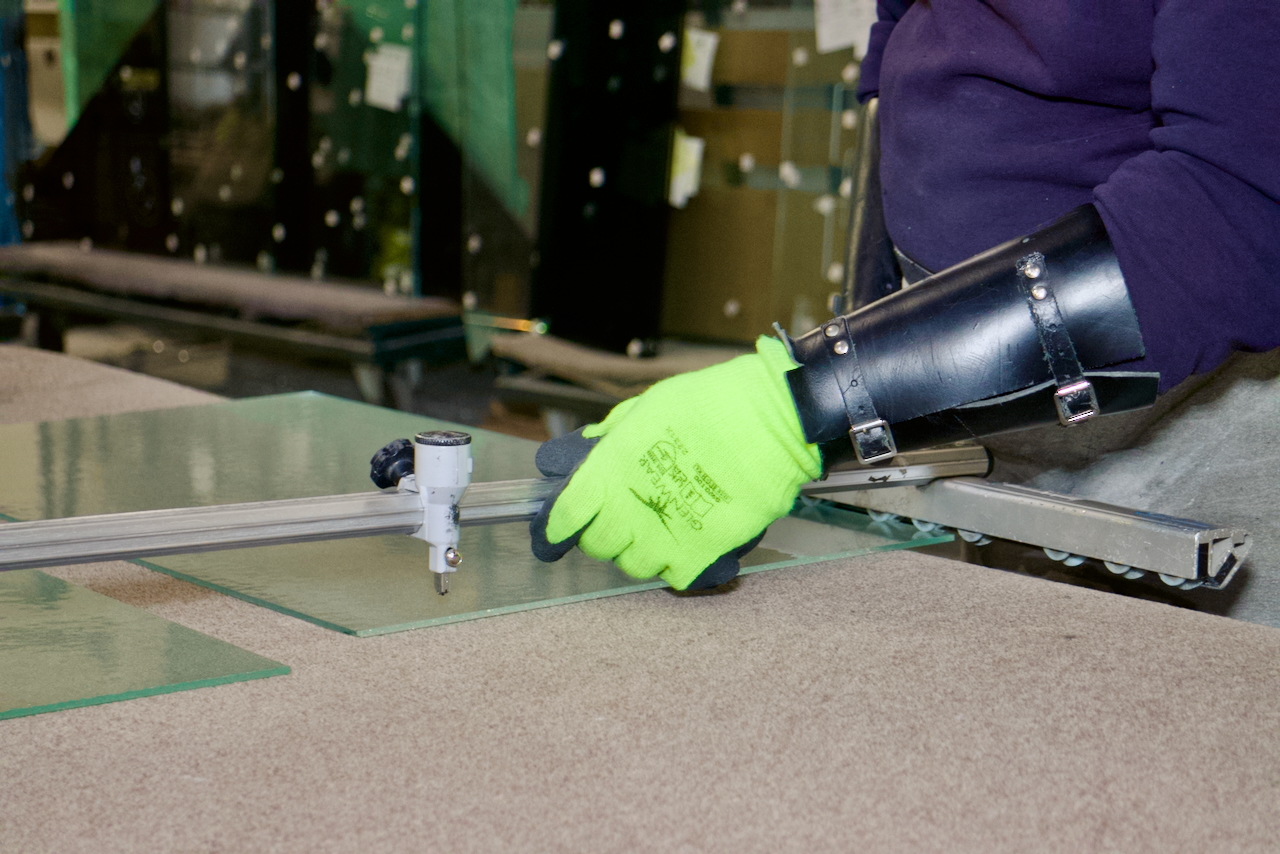Regulations are rising – so must we

As economic and regulatory pressures mount, managing director of Glass Express Midlands, Arun Photay, calls for deeper collaboration across the glass, glazing and construction sectors – and a more constructive dialogue with government.
We are at a pivotal moment in the built environment. In the wake of Grenfell, the UK has rightly introduced stronger safety legislation – including the Building Safety Act 2022 and new measures under the Building Regulations 2023.
Yet, the scope of Gateway Two remains muddy, with many commercial schemes hitting delays, often due to complex compliance pathways and unclear expectations.
Latest figures reveal that over two-thirds of Gateway Two applications transferred to the Building Safety Regulator last autumn remain unapproved – despite hundreds being in planning or early-stage development.
This backlog reflects a wider truth: policy, however well-intentioned, cannot deliver results without full coordination with the industries tasked with implementing it.
At Glass Express Midlands, we’ve seen this disconnect firsthand. We continue to receive enquiries from contractors looking to receive advice regarding compliance standards for glass in high-rise applications.
In many cases, these are well-respected firms doing their best to align with regulation but struggling to keep pace with fragmented guidance and shifting responsibilities between principal designers, contractors and regulators.
This is not a failure of professionalism. It’s a failure of coordination.
Last year, we hosted a high-level industry roundtable in London – bringing together the Glass & Glazing Federation (GGF), the Council for Aluminium in Building (CAB), architects, suppliers, housing groups and government representation.
The result: a landmark agreement between GGF and CAB to align their policy workstreams and speak with one voice to Whitehall. It’s a start, but we need more.
This is not just about safety. It’s also about the economy. Total construction activity in the UK fell for sixth months running in June, contributing to the weakest degree of business optimism across the construction sector for two-and-a-half years, according to the S&P Global UK Construction Purchasing Managers’ Index (PMI).
The BCIS also predicts that building costs will increase by 14% over the next five years, with tender prices rising by 15% over the same period.
So, when the government imposes additional costs – such as increased National Insurance contributions – without offering coordinated support or clarity, it risks throttling the very industries it depends on for Net Zero delivery.
Let’s be clear: glass is part of the solution. With 25% of UK carbon emissions stemming from the built environment, high-performance IGUs and solar control glazing are central to hitting emissions targets.
At Glass Express Midlands, we’ve returned over 200 tonnes of cullet to the circular economy, invested in low-carbon products, and backed British manufacturing to shorten supply chains and improve traceability.
But we need a regulatory and policy environment that supports – not stifles – innovation.
My belief to achieve this is simple: let’s deepen collaboration. Between manufacturers and specifiers. Between suppliers and trade bodies. Between industry and government.
The Building Safety Regulator, the Future Homes Standard, and the push toward Net Zero all require not just technical compliance, but cultural cohesion. We must listen to one another. Share insights. Co-create workable frameworks – rather than react in silos.
Glass Express Midlands will continue to advocate for a joined-up approach. We invite others to do the same.
If you’re a policymaker, pick up the phone. If you’re a trade association, reach out to your peers. If you’re a contractor navigating new rules – ask for help. We are ready to engage.
